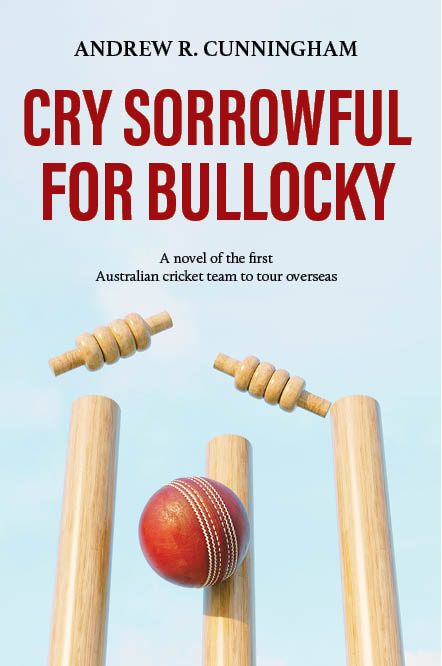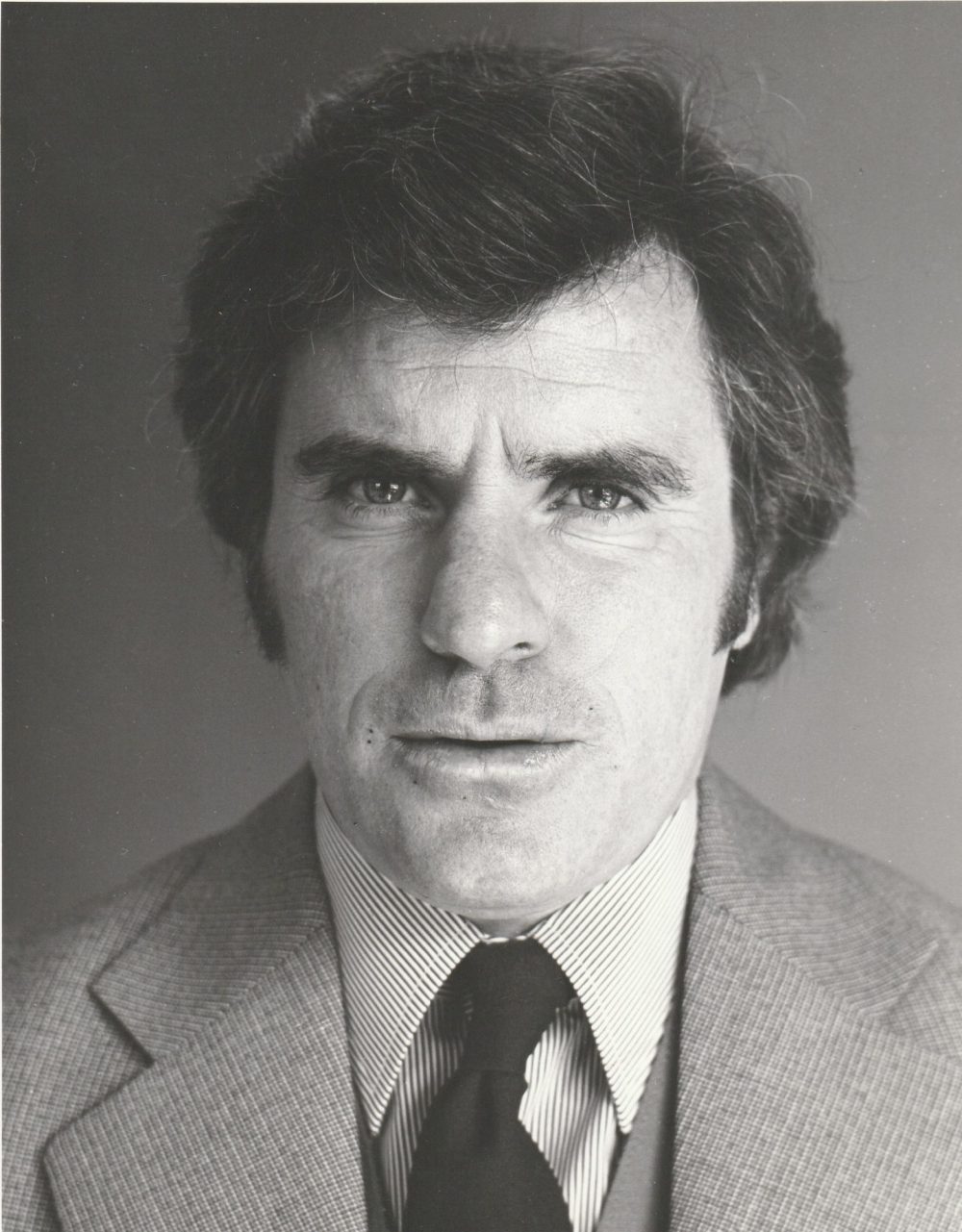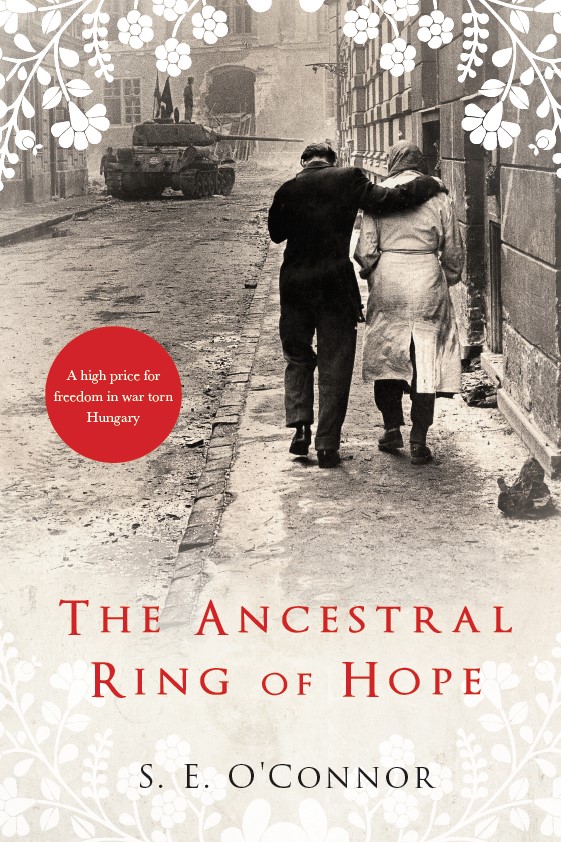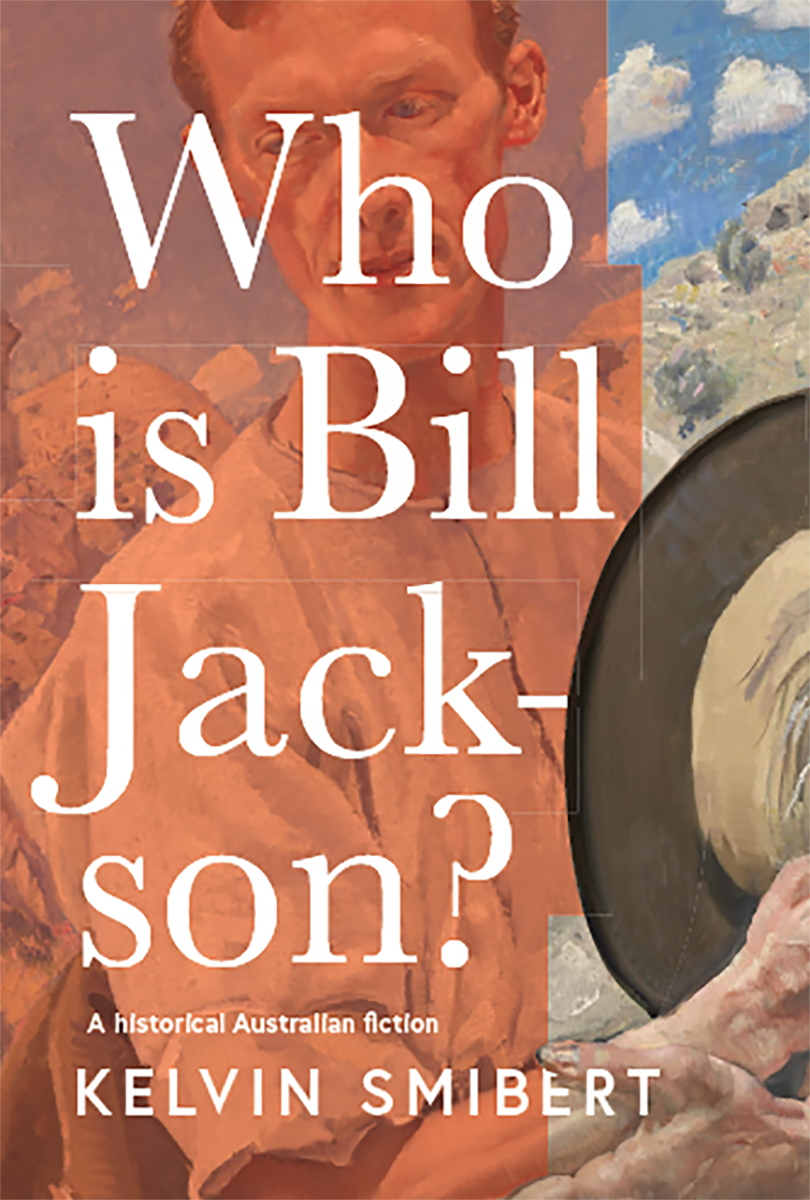CUNNINGHAM, Andrew
ISBN 978-1-922957-62-7
PAPERBACK
Cry Sorrowful for Bullocky
A novel of the first Australian cricket team to tour overseas
Andrew R. Cunningham had a passion for cricket and he has taken historical events and characters and re-imagined them. He has produced a fascinating novel concentrating on certain aspects of the lives of individual players prior to and after the First Cricket Tour of England in 1868.
He has used his power of language to create and define characters in such a way that the reader will be entertained, whilst being introduced to perhaps unknown aspects of events in early days of colonial Australia, that were indeed real, and impacted on this story of the first Australian International team.
His evocative and clever writing describes aspects often forgotten or not previously represented by this story. He uses compassion and humour as he gently provokes the reader to think seriously about the past injustices practised by society at the time. His writing also celebrates the prowess, skills and sporting successes of the Aboriginal cricketers. His empathy is encapsulated in the title, ‘Cry sorrowful for Bullocky.’
About the Author
Andrew was born in Tamworth NSW. He worked at the NSW Registrar Generals whilst studying Law at Sydney University. His professional career experiences were wide and varied, including; private practice, barrister, industrial advocate (PNG), ministerial assistant of the Department of Labour and Industry SA, first Police Complaints Authority SA , Member of the UN Board of the International Association for Civilian Oversight of Law Enforcement (IACOLE) 1985-1992, and Magistrate of the Industrial Court of SA.
His passions, amongst many, included politics, photography, playing bridge (participant World Bridge Olympiad 1976), studying World and Australian history and literature… and then there was cricket!










